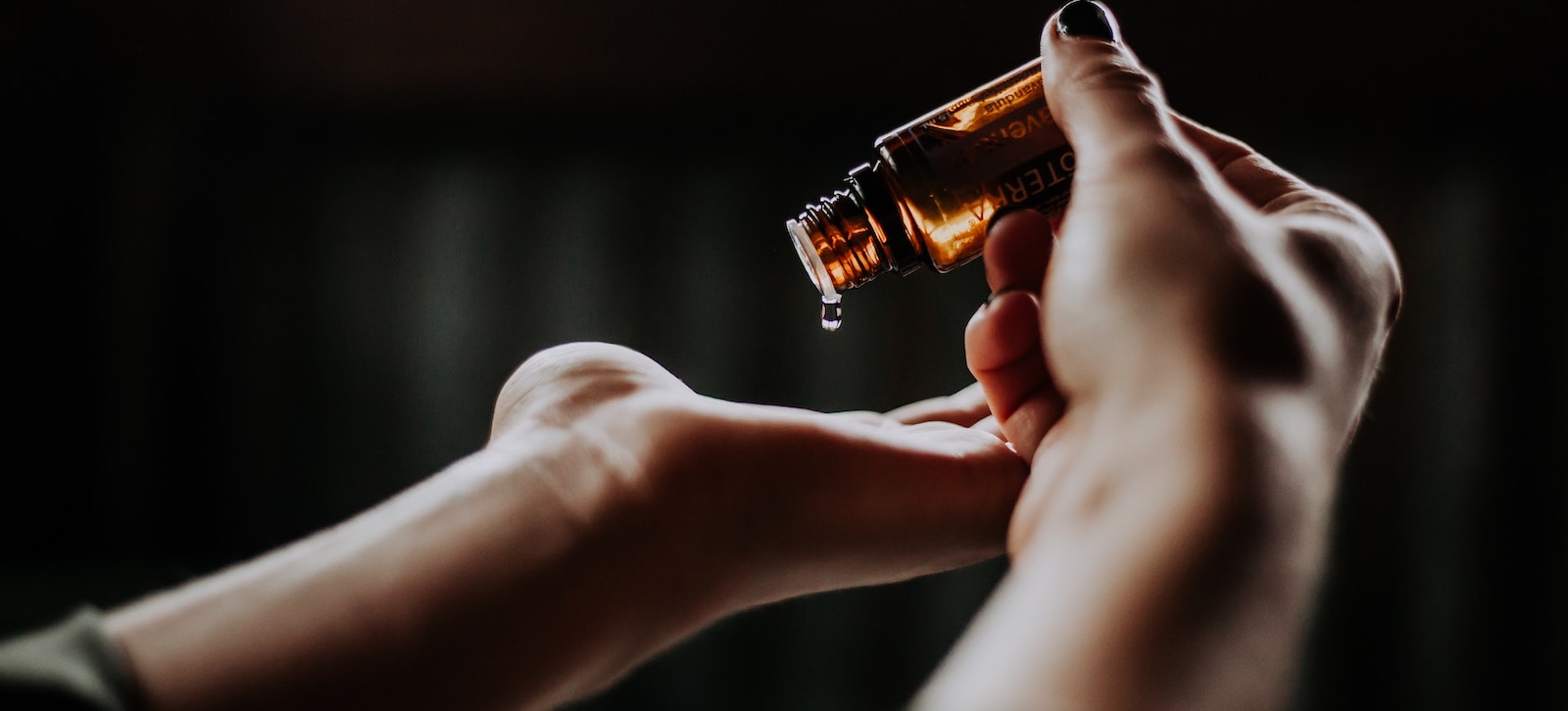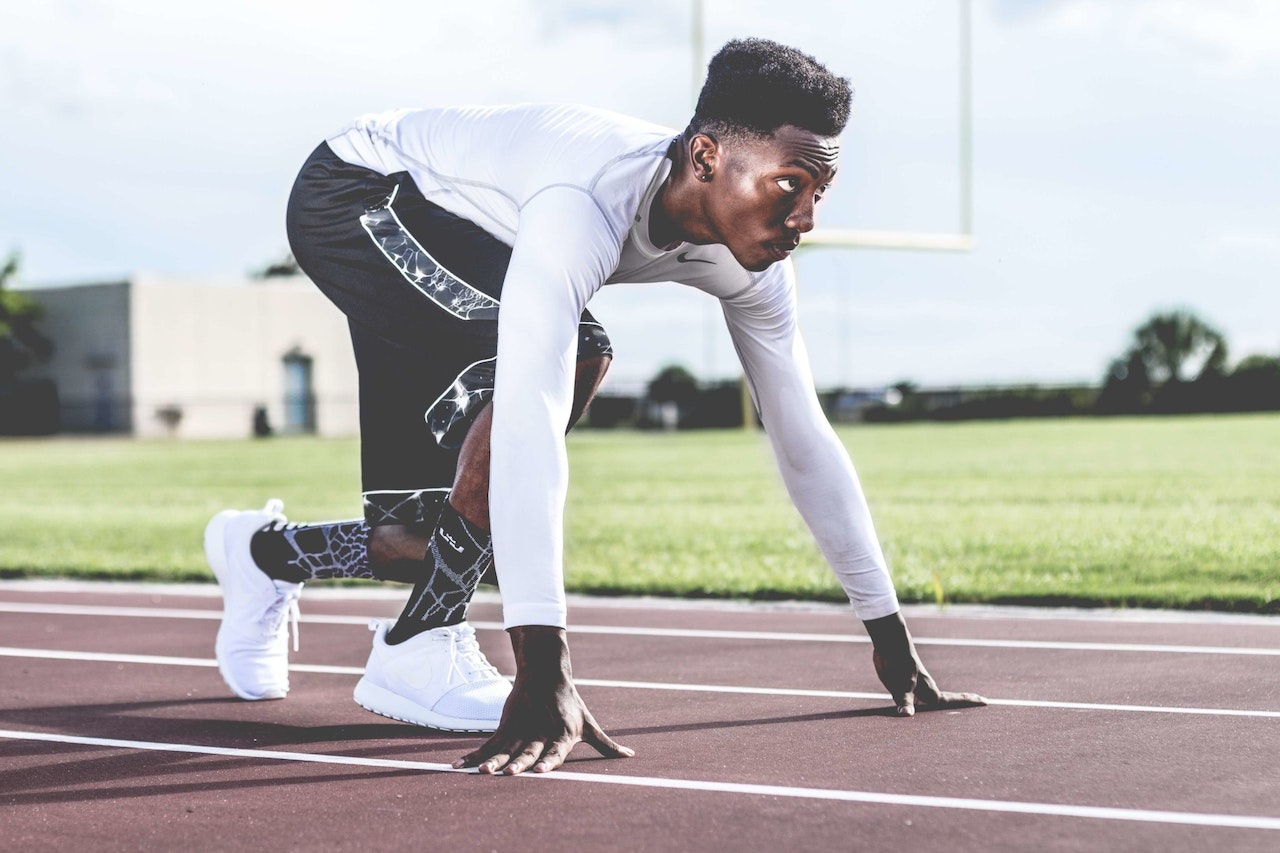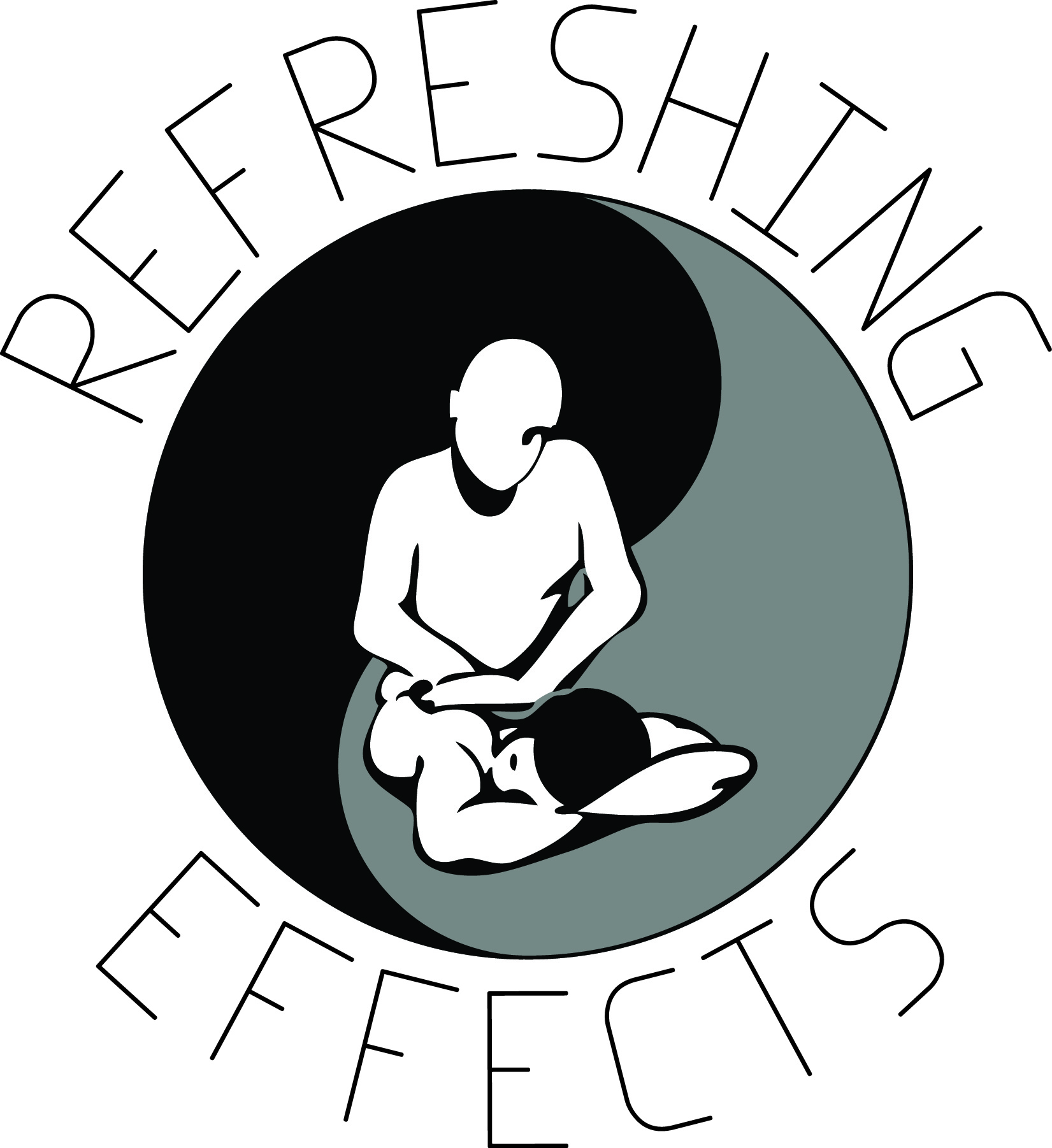Clinic Hours
Mon 10:00 am - 6:00 pm Tue 10:00 am - 6:00 pm Wed 10:00 am - 6:00 pm Thu 10:00 am - 6:00 pm Fri 10:00 am - 3:30 pm Clients seen by appointment only
Accepting new clients by referrals only
Sign up to receive news and updates and get my free report:
“Why is Massage so Essential?”
-

Massage
Massage Therapy for Self-Care

Self-care is becoming a more important part of everyone’s health routine. Since Covid-19 changed the world, more and more people are taking their mental and physical health even more seriously. Changes are noted and self-care has grown into a necessity for many. Did you know that massage therapy is one of the best ways to enjoy self-care? Read on to learn just how you can benefit from regular massage therapy and change your quality of life for the better. continue reading
Using Massage Therapy to Manage Diabetic Neuropathy Symptoms
According to most recent numbers from the Centers for Disease Control and Prevention, approximately 37.3 million people suffer from diabetes, roughly 11.3% of the U.S. population. And one of the most common complications of diabetes is peripheral neuropathy. The first signs of symptoms are typically numbness, pain or tingling in the feet or lower legs. Peripheral neuropathy can lead to a host of other health issues as well. Read on to learn how massage therapy can be a natural alternative to managing these symptoms for some people. continue reading
Sleep Better with Aromatherapy Massage
We all know the consequences of not getting a good night’s sleep. Mental fog and fatigue are perhaps the most noticeable, but there are a host of other physical issues that can build up if we don’t get regular rest and quality sleep.

A consistent lack of sleep can often have a negative impact on both our mental and physical wellbeing, even leading to anxiety and depression in severe cases. Many people seek over the counter sleep aids to help them fall asleep and stay asleep longer, but these can often have dangerous side effects. If you are looking for a natural alternative, aromatherapy massage might just be the solution to your sleep problems.
Making aromatherapy massage a regular part of your self-care routine can help to prepare your body for rest. Talk to your massage therapist during your intake interview about your sleep struggles and ask what essential oil blends might be helpful. Your therapist will work with you to develop the right blend that can help you adjust your bedtime routine so you can prepare your body for adequate rest.
Regular massage helps to influence the body’s chemistry by increasing serotonin levels which help to maintain your sleep cycle, appetite and digestion and even your mood. Combining essential oils like lavender, sandalwood and rose can help you address common sleep issues. Your therapist can create a custom blend according to your scent preferences.
Regular massage therapy sessions in combination with a custom blend of essential oils can help you relax and achieve the sleep of your dreams. Don’t suffer through another night of tossing and turning and staring at the clock. Talk to your massage therapist and get your aromatherapy journey started today.
Five Benefits of Post-Op Massage Therapy
Recovering from any type of surgical procedure can be tough on the body. Whether you have a cosmetic procedure like a tummy tuck or you have a skin cancer lesion removed, your body will need time to heal. Many people don’t think about massage therapy being the natural post-operative procedure when it comes to recovery but here are five reasons post-operative massage can benefit you on your journey to healing. continue reading
Gaining a Competitive Edge: Massage for Athletes
Most people might assume that professional athletes use massage after their main competition. However, massage can prove beneficial for both professional athletes and weekend warriors before training begins, throughout the training process and after the competition. Whether you are just picking up a new competitive hobby or training for the next marathon, adding massage therapy to your training regimen can really help your body adapt and heal.

Not every athlete is the same so not every training and treatment program will be the same. A good massage therapist will adjust to their client’s needs. Talk to your therapist about your training protocol and they will work with you to determine what the best options are to help you meet your needs.
There are three common massage techniques that your therapist might use. The first is called effleurage which is a series of massage strokes that warm up the muscles in preparation for deeper tissue work. Your therapist will use long, slow strokes to sense any underlying muscle issues. Many therapists will use this at the end of a sports massage to close out a treatment session.
Petrissage is a bit different in that it uses slow and rhythmic movements to knead the muscles and fascia. The kneading strokes help to stretch and relax muscles as well as increasing circulation. There is research to suggest that this massage technique can alleviate muscle soreness, facilitate recovery from muscle stiffness, and improve muscle performance. And the final technique, tapotement is described as rapid, percussion-like hand movements, typically performed at the end of a session.
Whether you are a regular triathlete or just enjoying a few rounds of golf or tennis on the weekends, massage therapy can help keep you at peak performance.

